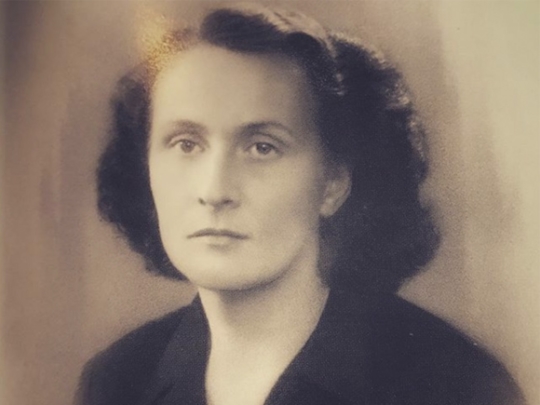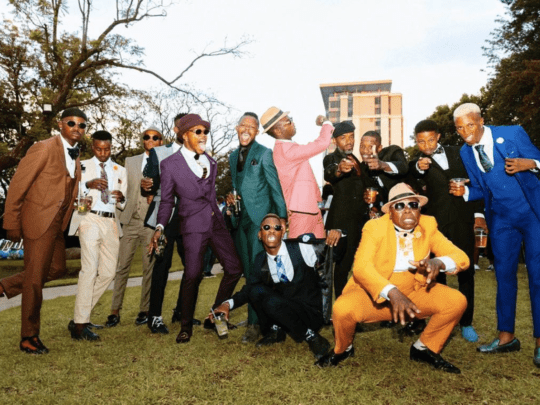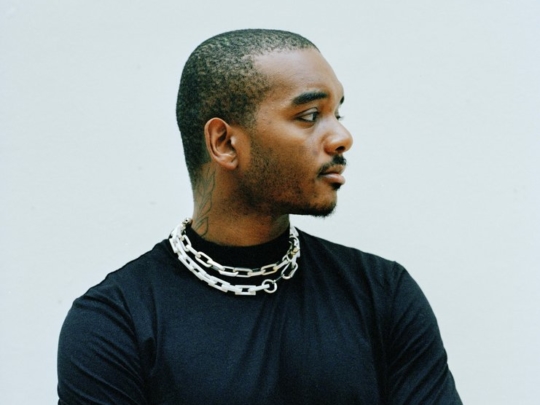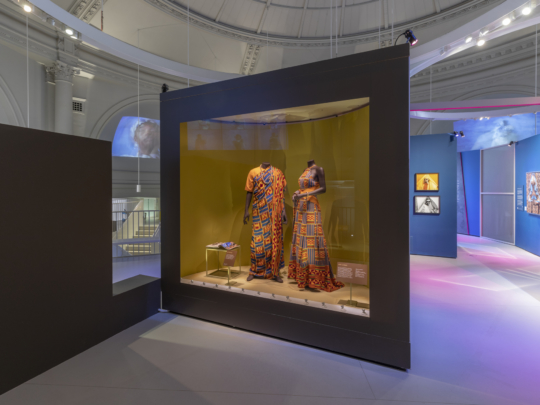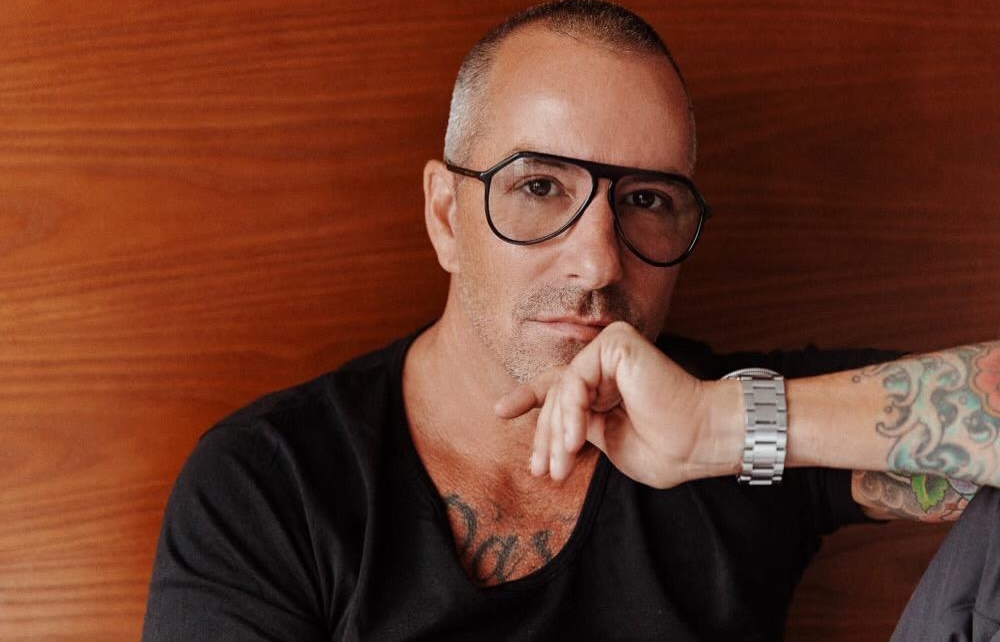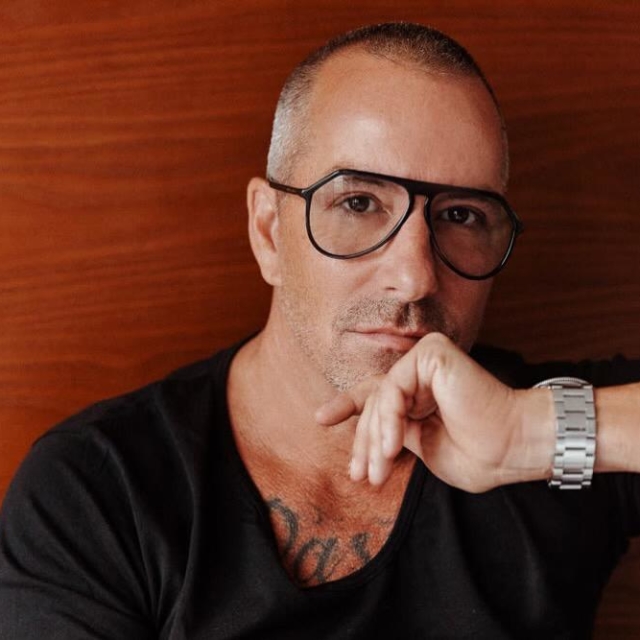Carl Ray has a quiet and confident demeanour that doesn’t beg for the spotlight. Yet, as an artist, he paints the faces of powerful and celebrated women who put his work centre stage. His first muse was his mum Ann Paige, but his most famous muse is former First Lady Michelle Obama. In his role as make-up artist, Carl was by her side during two White House administrations, photoshoots, press and public appearances, and book tour – now documented in behind-the-scenes Netflix film ‘Becoming’.
Carl Ray has a prolific artistic style with brush strokes that aim to enhance the natural beauty of a woman. His reputation led him to work with the likes of United States Supreme Court Justices Sonia Sotomayor and Elana Kagan, former United States Secretary of State Madeline Albright, Queen Rania of Jordan, Melinda Gates, Meryl Streep, Natalie Portman, Diane Von Furstenberg and Stella McCartney.
The make-up artist grew up in a military family and moved regularly as a child. Born on Andrews Airforce Base near Washington, D.C., he relocated to Italy as a baby, followed by Morocco, Puerto Rico and, finally, Virginia Beach in the US.
On a sunny Saturday in early May, Carl was interviewed at his home in Washington, D.C. He reminisced about his White House days, and talked about life, passion and beauty.
————————
Zara Korutz: You have spent the past 11 years as former First Lady Michelle Obama’s make-up artist, and in her memoir Becoming, she describes you as “soft-spoken and meticulous”. How are you meticulous?
Carl Ray: I don’t know exactly what she meant when she said that, but I am meticulous in the sense that I want my make-up kit clean, organised. I am meticulous in the sense that I never want to be late and I’m always on time. I’m meticulous in the fact that I believe that manners go a very long way. I’d also like to say that I like a little pressure and I like to rise to the occasion.
ZK: Michelle Obama always looks stunning and has a fantastic sense of style. What can women learn from her sensibility?
CR: To be authentic to yourself. Authenticity is the number one thing. Look good, feel good. She is just authentic to herself.
ZK: You spent so many years in the White House. What is a special moment that you cherish?
CR: There are so many memories… too many to share them all. A few that stand out are the inaugurations, the balls, the dresses. It was the love and happiness. The state dinners [too] where we could do more with hair, make-up and clothing. Also, traveling around the world and representing America and being open to the cultural influences of those countries – like if we were in Cuba, then maybe a red lip, or in India a little extra eyeliner.
